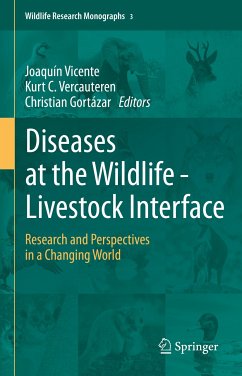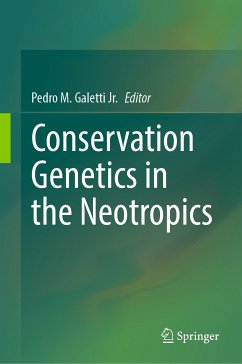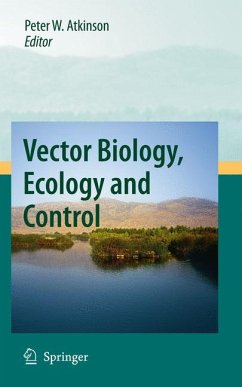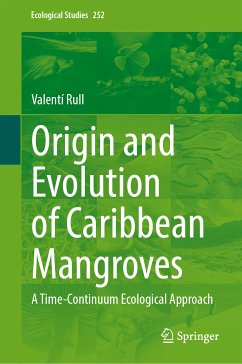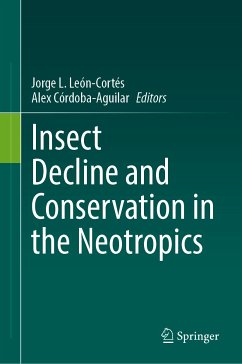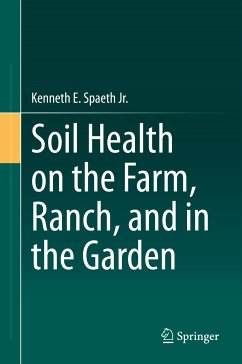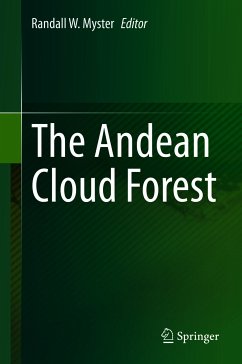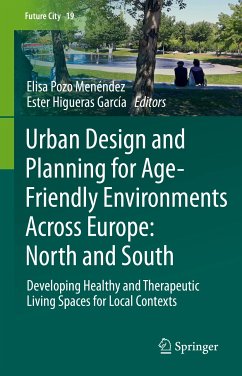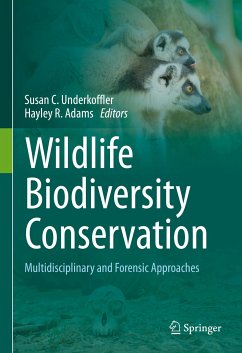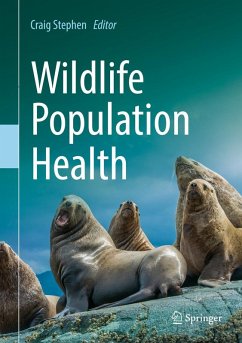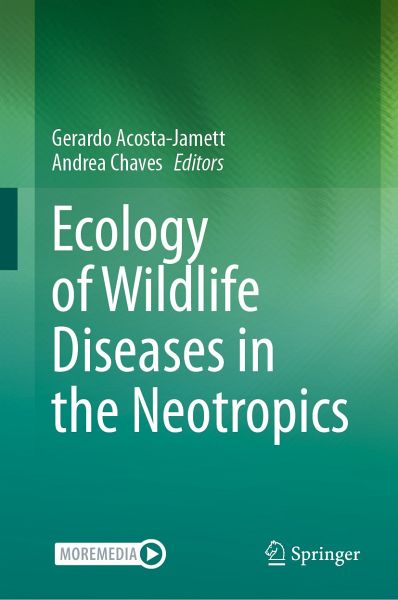
Ecology of Wildlife Diseases in the Neotropics (eBook, PDF)
Versandkostenfrei!
Sofort per Download lieferbar
144,95 €
inkl. MwSt.
Weitere Ausgaben:

PAYBACK Punkte
72 °P sammeln!
This contributed volume focuses on the Neotropical region, and explores the environmental, ecological and socio-economic components that facilitate the emergence of zoonotic diseases. This book highlights the primary ecological, environmental, social, and economic variables associated with the risk of maintenance, transmission, and dissemination of emerging, re-emerging, and neglected infectious diseases, in which Neotropical vertebrates are involved. It compiles up-to-date knowledge and research for the neotropical region, as well as discusses the current needs of knowledge improvement. The c...
This contributed volume focuses on the Neotropical region, and explores the environmental, ecological and socio-economic components that facilitate the emergence of zoonotic diseases. This book highlights the primary ecological, environmental, social, and economic variables associated with the risk of maintenance, transmission, and dissemination of emerging, re-emerging, and neglected infectious diseases, in which Neotropical vertebrates are involved. It compiles up-to-date knowledge and research for the neotropical region, as well as discusses the current needs of knowledge improvement. The chapters include various examples of the cycles of infectious diseases, all with world-wide relevance where neotropical wild vertebrates are affected or involved.
Dieser Download kann aus rechtlichen Gründen nur mit Rechnungsadresse in A, B, BG, CY, CZ, D, DK, EW, E, FIN, F, GR, HR, H, IRL, I, LT, L, LR, M, NL, PL, P, R, S, SLO, SK ausgeliefert werden.



